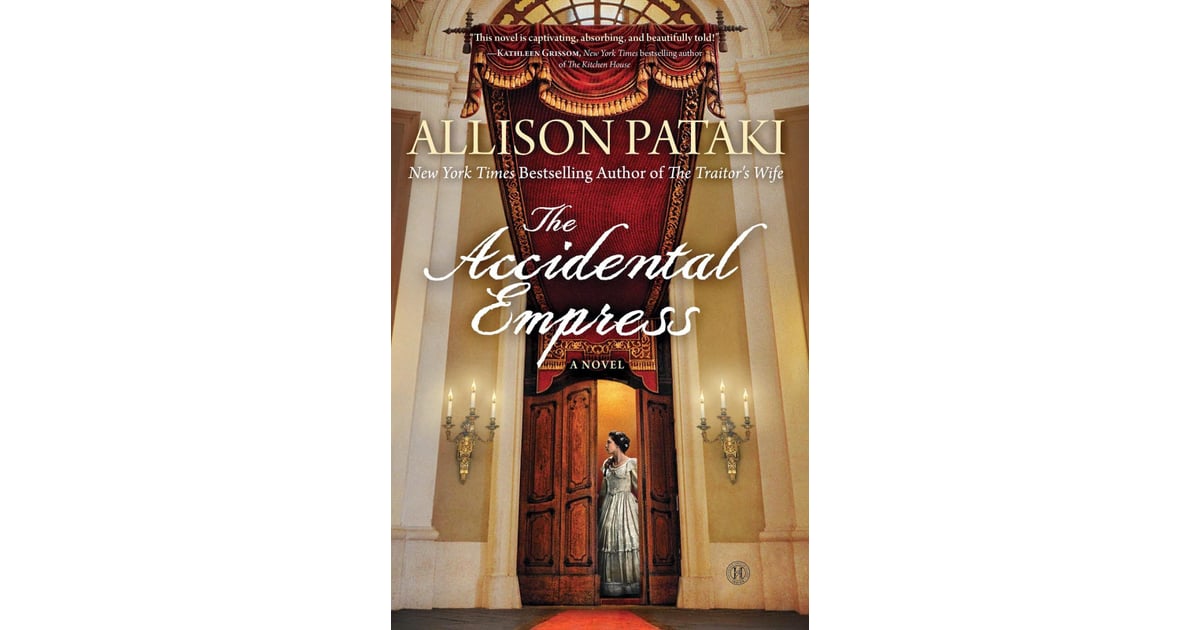

We go through the many things she does, and her feelings, whether they be those of joy are despair, always end up seeping their way inside the reader.Īs for the story itself, it most certainly retains historical accuracy as far as actual events are concerned, and everything in-between is fictionalized, but without feeling outlandish or obviously fake. Pataki does an especially great job at taking us inside the mind of “Sisi”, who despite being young is already a rather insightful and complex person, one we don't get tired of listening to. The characters and the world itself are all bustling with details and descriptions, and though they are a bit long and dragging at times for my taste, there is no question that they actually manage to accomplish a great deal as far as the reader's immersion is concerned. Pataki doesn't cut any corners and truly attempts to give us a wholly different story while still preserving the feeling and atmosphere of her original work.Īnd so we are treated to a first-person female protagonist through whom we view certain historical events, putting a fresh and welcome twist on them after all, the only way to breathe new life into history is to look at it from a different perspective.


What exactly are we to expect from this second effort by Pataki? To start things off, if you're wondering whether this is an actual effort to produce something good or just an attempt to cash in on the success of her first novel, rest assured that it is the former. Much to the chagrin and detriment of her older sister, the young duchess embarks on an intricate and rather complicated quest for love, one that will plunge her straight into the cruel world of The Court and instill in her the cunning history later remembered her for. However, soon things take a turn for the dramatic as the young “Sisi” ends up winning over the affections of the young prince, who soon decides that he would much rather marry the younger sister.

In this piece of historical fiction we are taken to 1850s Europe, as the young duchess of Bavaria, “Sisi”, travels to Habsburg Court along with her older sister who is meant to be married to the young and ever-desirable prince, Franz Joseph. It should therefore be expected that it serves as rather interesting literary fuel, and one that is often put to good use, as is the case with The Accidental Empress by Allison Pataki. The unforgiving world of the imperial European court of the 19th century has become somewhat infamous for the amount of intricacies associated with it, being like the world's most complex game of chess, but one where immense amounts of wealth and power are at stake, and of course, the price for failure is often death.


 0 kommentar(er)
0 kommentar(er)
